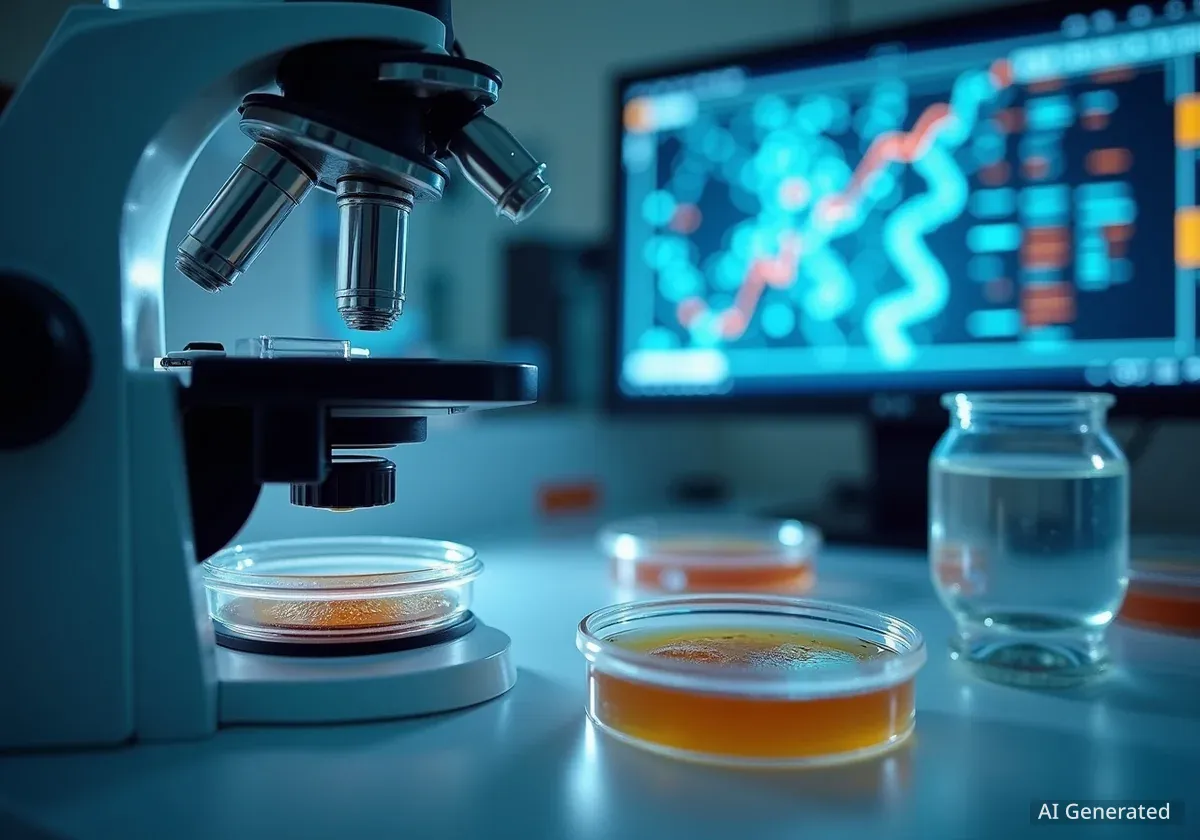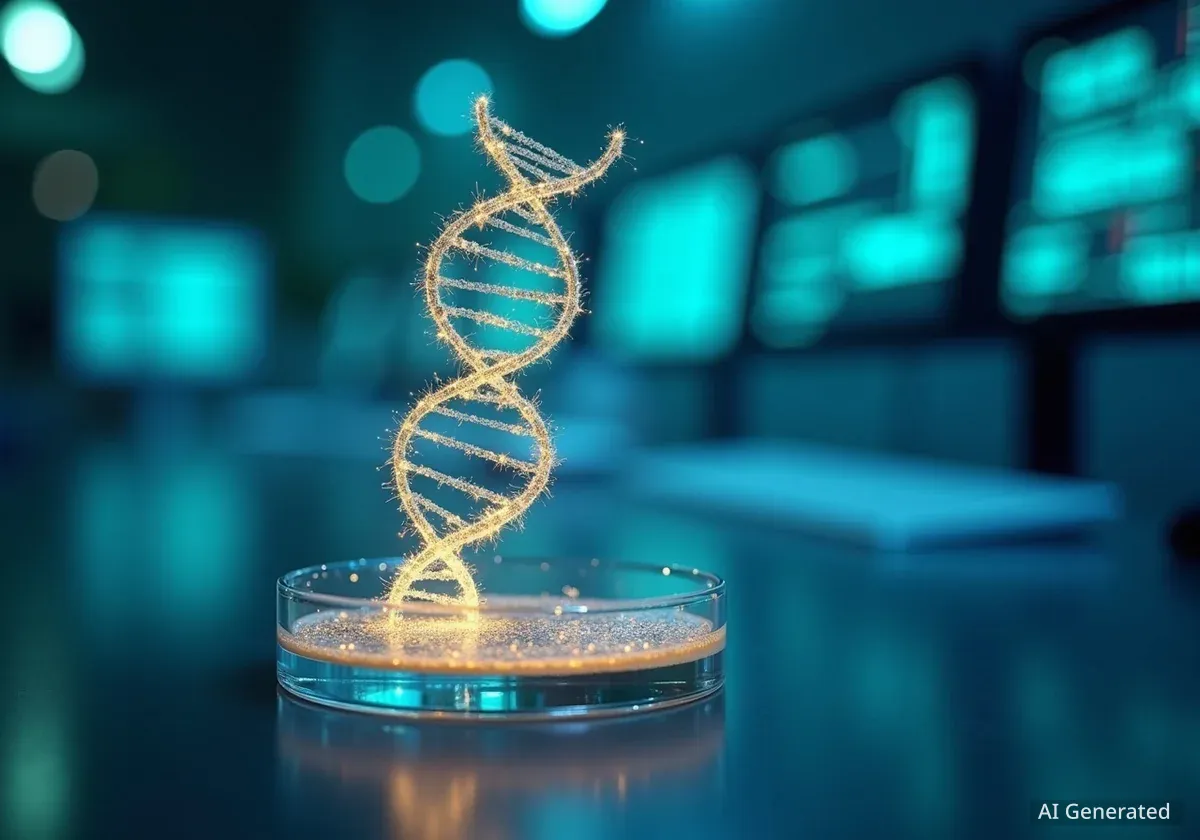
AI Reshapes Professional Work Across Industries
A new study reveals how 1,250 professionals view AI in their work, showing productivity gains mixed with anxiety and trust issues across general, creative, and scientific fields.
17 articles tagged

A new study reveals how 1,250 professionals view AI in their work, showing productivity gains mixed with anxiety and trust issues across general, creative, and scientific fields.

Google has launched the AI for Math Initiative, a global partnership with five top research institutions to accelerate mathematical discovery using advanced AI.

The U.S. Department of Energy and AMD have announced a $1 billion partnership to build two new AI supercomputers aimed at advancing research in fusion energy, cancer, and national security.

Google has announced a major quantum computing breakthrough, developing an algorithm that performed a task beyond supercomputer capabilities, marking a significant step towards real-world quantum appl

Anthropic has launched Claude for Life Sciences, a specialized suite of AI tools designed to accelerate biomedical research with an improved model and new integrations.

A new report from publisher Wiley shows scientists' trust in AI is falling, with 64% now worried about fabricated information, up from 51% last year.

Artificial intelligence is fundamentally changing mathematical research, with new systems capable of verifying complex proofs and solving Olympiad-level problems.

A new study reveals that people can no longer reliably tell the difference between real human voices and AI-generated voice clones, raising major security concerns.

A new study shows AI can design dangerous DNA that bypasses biosecurity screens, raising urgent concerns about misuse of advanced biological tools.

Thomas Wolf, co-founder of AI startup Hugging Face, argues that current AI models are not designed for major scientific breakthroughs due to their predictive nature.

A review of 2,300 studies reveals that urban climate research is neglecting generative AI, potentially creating geographic and solution-based inequities.

Stanford University researchers used an AI model to design and create functional biological viruses that successfully killed bacteria in a lab setting.